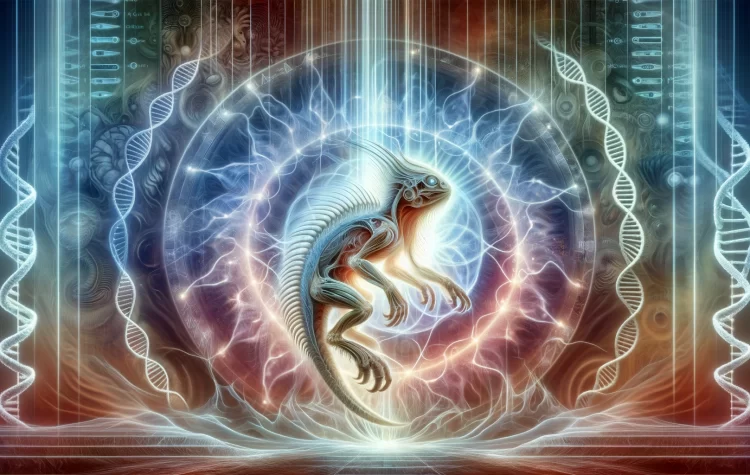Definition: Chromosomes are long, thread-like structures within the nucleus of both animal and plant cells, composed of protein and a single molecule of deoxyribonucleic acid (DNA). DNA carries the genetic instructions vital for the development, functioning, growth, and reproduction of all known organisms and many viruses. Chromosomes are key to determining the hereditary traits passed from parents to offspring.
Etymology and Origin: The term ‘chromosome’ comes from the Greek words ‘chroma’, meaning ‘colour’, and ‘soma’, meaning ‘body’. This nomenclature was adopted because chromosomes absorb certain dyes and thus become visible under a microscope. The term was first used by German anatomist Wilhelm von Waldeyer-Hartz in the late 19th century.



